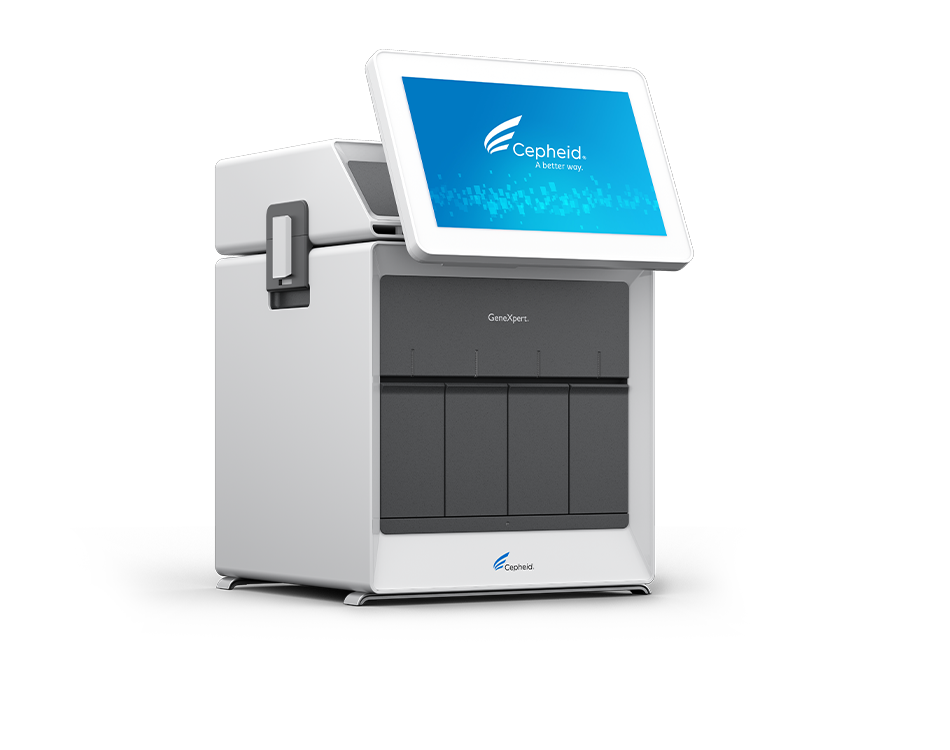The test may be performed in settings operating under a CLIA (Clinical Laboratory Improvement Amendments) Certificate of Waiver, such as certain substance use disorder treatment facilities, correctional facilities, syringe service programs, doctor’s offices, emergency departments and urgent care clinics. Rather than requiring a sample to be sent to a central lab for testing, the test detects HCV RNA and delivers results in about an hour using a blood sample from the fingertip.
The authorization of this test enables a test-and-treat approach where a person can be tested for HCV, and if positive for HCV RNA, be linked to care and potentially receive treatment during the same health care visit. Prior to the availability of a rapid, point-of-care test, HCV testing has been a multi-step process which often results in patients needing follow-up appointments for test results and additional testing, which can lead to patients not receiving a diagnosis and not receiving necessary treatment.
“Despite the existence of a safe and highly effective oral cure for hepatitis C, many people do not know they have the disease due partly to the lack of availability of convenient, widespread testing options,” said Jeff Shuren, M.D., J.D., director of the FDA’s Center for Devices and Radiological Health. “Equipping health care providers with tools to diagnose and treat patients in the same visit can result in hundreds of thousands more hepatitis C patients being diagnosed and treated, preventing individual disease progression and additional spread of the virus.”

